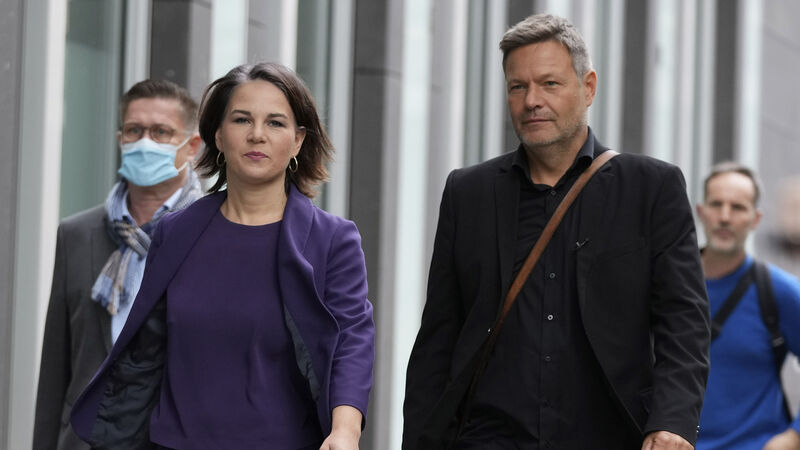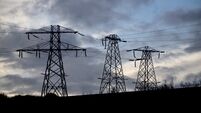Energy crunch for households far from over as wholesale gas surges again, by 12%

The latest increases came as new German foreign minister Annalena Baerbock said Russia would face 'massive consequences' if it invades Ukraine.
Gas prices in Europe raced higher again on Tuesday and are now close to their early October record, as the energy crunch facing households in Ireland and the rest of Europe appears far from over.
Hikes in wholesale gas prices have already led to sharply higher bills for households at the start of this winter and this week's price increases are particularly significant because the warnings about the looming sharp increase in cases of the Omicron variant would have been expected to push wholesale prices lower.














